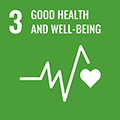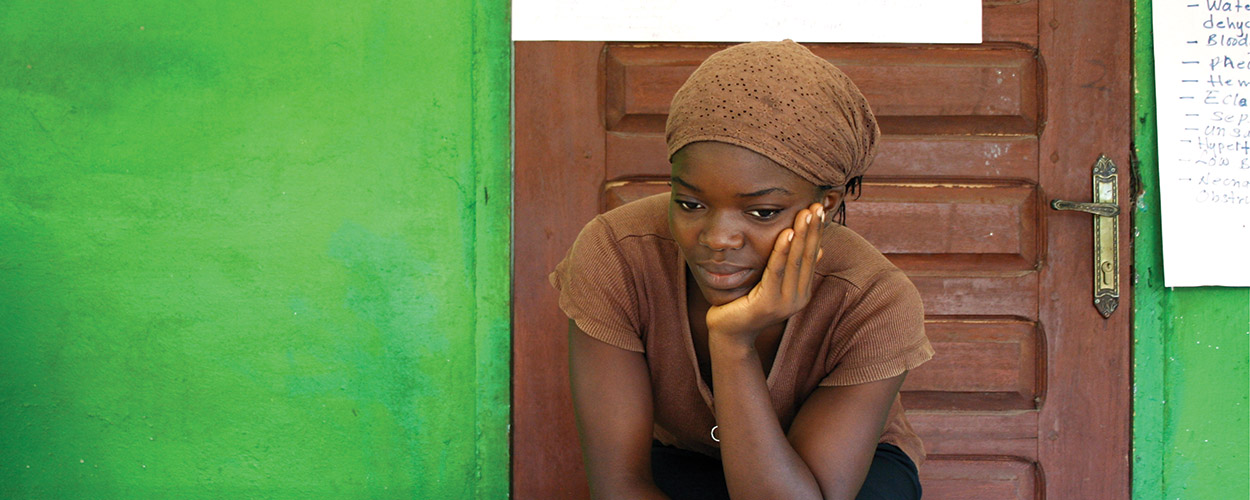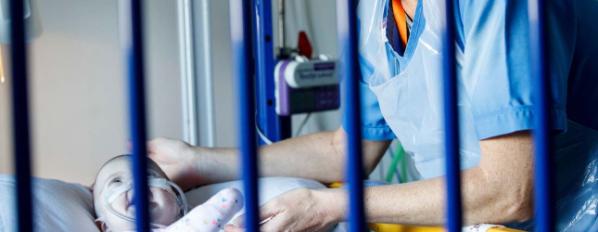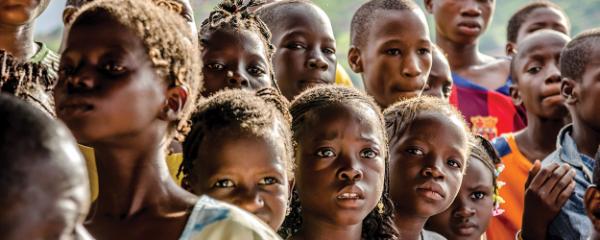Addressing the urgent need for gender transformative sexual and reproductive health (SRH) education, researchers at Queen's, in collaboration with Stellenbosch University South Africa, are developing and testing the feasibility of co-produced, culturally adapted SRH education interventions.
Research Challenge
A key social determinant of sexual and reproductive health (SRH) related morbidity and mortality in southern Africa is inequitable gender norms. These include harmful masculinities and associated practices that predispose adolescent men and women to the risk of HIV infection and unintended pregnancy. Despite general improvements in HIV mortality, and improved coverage of HIV services, adolescents remain a hard-to-reach population for prevention services and have shown slower progress in respect of global HIV reduction goals than other age groups, especially in southern Africa.
Our Approach
Over 50 percent of births in sub-Saharan Africa occur during adolescence, particularly between the ages of 15 and 19, and it is estimated that around half of these adolescent pregnancies are unintended.
South Africa and Lesotho, are among the countries in the world with the highest rates of HIV and adolescent pregnancy. While some adolescent SRH interventions have been implemented in both countries through the health and education systems, they have had limited impact, particularly in preventing adolescent pregnancy.
Given the impact of gender inequalities on SRH, there is an urgent need for gender transformative SRH education programming relating to unintended pregnancy and HIV that specifically targets boys while also including girls. This research study addresses these gaps in the evidence and deficits in past programming, while focusing on gender equality and health.
“There is an urgent need for gender transformative SRH education programming relating to unintended pregnancy and HIV”.
- Dr Áine Aventin
What impact did it make?
The study will develop and test the feasibility of co-produced, culturally adapted SRH education interventions, based on an existing intervention, ‘If I Were Jack’, to reduce adolescent HIV and pregnancy in South Africa and Lesotho.
Phase One is an optimisation study to co-develop locally relevant intervention materials and assessment tools; Phase two, a feasibility cluster randomised trial to assess the acceptability and feasibility of the intervention, outcome measures and trial processes.
The 28-month study began in January 2021. It is a collaboration between Queen’s University Belfast and Stellenbosch University South Africa and is funded by UKRI/UK Medical Research Council.
Our impact
Impact related to the UN Sustainable Development Goals
Learn more about Queen’s University’s commitment to nurturing a culture of sustainability and achieving the Sustainable Development Goals (SDGs) through research and education.








